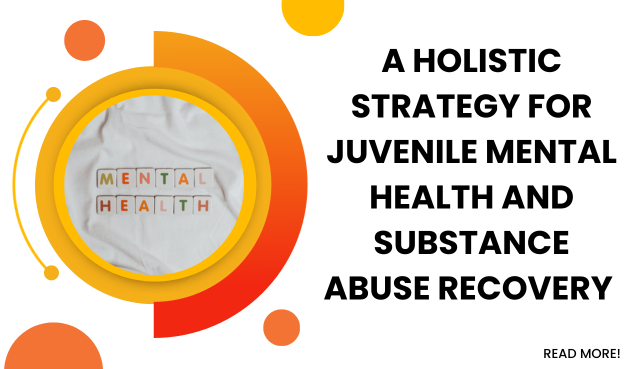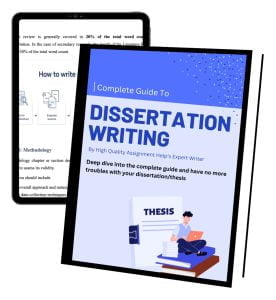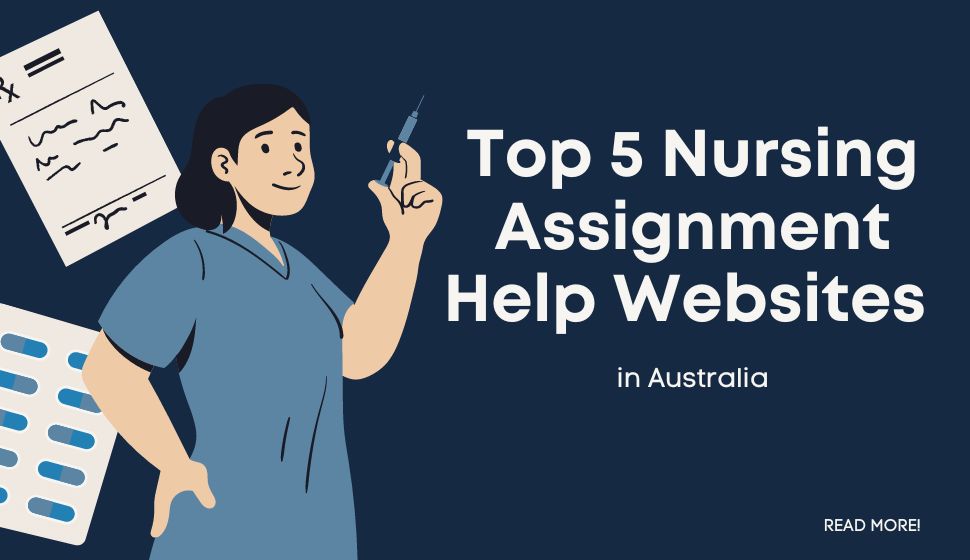Introduction
Drug rehabilitation for teenagers is a subject that needs our care, concern, and comprehension. It’s a crucial topic that touches on juvenile mental health, drug rehab, and the overall practice of criminal law. The complex issues relating to adolescent mental health and drug misuse treatment in Australia will be discussed in this blog post. We’ll go into detail about how crucial it is to have a holistic approach to dealing with these problems and giving young people the care they so desperately need.
Juvenile Mental Health: A Growing Concern

Juvenile mental health difficulties are rising alarmingly in Australia and many other nations. Adolescence is a time of great change, and for some teenagers, it can be overwhelming. Feelings of anxiety, melancholy, and isolation can be exacerbated by pressures from classmates, family, and school. Some teenagers may use substances like alcohol or drugs as a coping method as a result of these emotions.
It’s important to understand that substance addiction frequently coexists with psychological discomfort when discussing youth mental health. Many adolescent users of drugs do so in an effort to temporarily self-medicate or run away from their emotional issues. As a result, addressing both youth substance misuse and mental health requires a coordinated effort, and this is where drug recovery programs excel.
The Nexus of Substance Abuse and Juvenile Delinquency
In the context of criminal law and juvenile justice systems, it is crucial to comprehend the connection between substance misuse and juvenile criminality. In Australia, a sizable percentage of juvenile offenders have a history of substance misuse. This poses challenging issues regarding the judicial system’s function in addressing the underlying causes of their actions.
Differentiating between teenagers who participate in criminal behavior unconnected to substance use and those who do so is one of the biggest obstacles. Different approaches should be taken by the judicial system towards these two categories, with an emphasis on rehabilitation for individuals who have underlying substance abuse issues.
Holistic Approach to Treatment
A comprehensive strategy is necessary to effectively address the interrelated problems of youth substance abuse and mental health. This strategy includes the following crucial components:
- Early Intervention: It is essential to spot problems with mental health and substance misuse in kids as soon as possible. Together, school counselors, parents, and medical professionals should be able to spot warning signs of distress and act quickly to help.
- Comprehensive Assessment: Every adolescent’s circumstance is different. To create a specialized treatment plan, a complete assessment that takes into account psychological, social, and familial issues is necessary.
- Counseling and Therapy: Counselling and therapy can help adolescents who are battling with substance misuse and mental health problems. Common techniques include dialectical behavior therapy (DBT) and cognitive-behavioral therapy (CBT).
- Family Involvement: A teen’s recuperation is significantly aided by the family. In order to address the root causes of substance abuse and mental health issues, family counseling and support can be crucial.
- Educational Support: Teenagers who struggle with these problems frequently struggle academically. In order to ensure that students may continue their studies while receiving treatment, educational support, and accommodations are crucial.
- Rehabilitation Programs: Teenage drug rehabilitation centers with a focus on safety and structure provide a supportive atmosphere for recovery. These programs frequently involve leisure activities, life skills instruction, and group therapy.
- Community Integration: Facilitating a seamless return to the community when therapy is complete is crucial. This could entail regular counseling, support groups, and job training.
- Prevention and Education: Teenage substance abuse can be decreased through preventative measures like drug education programs implemented in schools.
The Legal Landscape
The way that minors who struggle with substance misuse and mental illness are treated varies within the context of criminal law. State-run juvenile drug courts that prioritize rehabilitation over punishment have been established in some Australian jurisdictions. The structure offered by these courts helps to accommodate the complex requirements of young offenders.
A balanced approach is required when juveniles are charged with crimes because of their drug usage. To traverse the complicated legal issues involved in such instances and ensure that the rights and welfare of young people are respected, criminal law homework assistance may be necessary.
Conclusion
It is obvious that a holistic approach is not only advantageous but frequently required for optimal outcomes when addressing the crucial issues of juvenile mental health and drug misuse therapy. This strategy collaborates with professionals, families, and communities while taking into account the particular requirements of each adolescent and the connection between mental health and substance addiction.
Understanding the complexity of juvenile justice, mental health, and drug abuse treatment is essential for those pursuing criminal law degrees. You can seek out Assignment Unlocked’s help If you or someone you know seeking criminal law homework help, it’s essential to reach out for assistance. They will be essential in influencing the laws and practices that affect the lives of young people in Australia as the future generation of lawyers.
If you’re working on a criminology law assignment, keep in mind that your training has given you the knowledge and abilities you need to promote equitable and efficient juvenile justice and rehabilitation systems. By approaching these problems holistically, we can work to ensure that our youth have a brighter future and get the care they require to overcome obstacles and lead satisfying lives.






